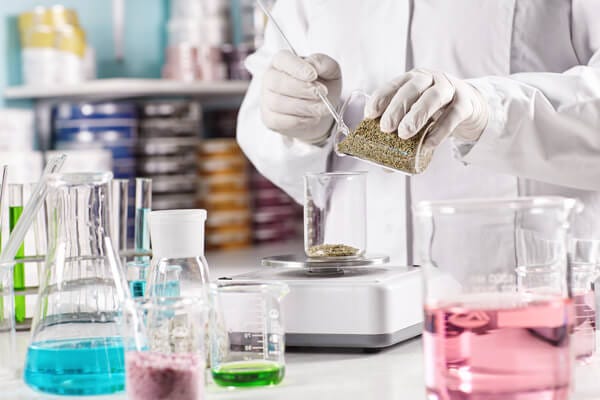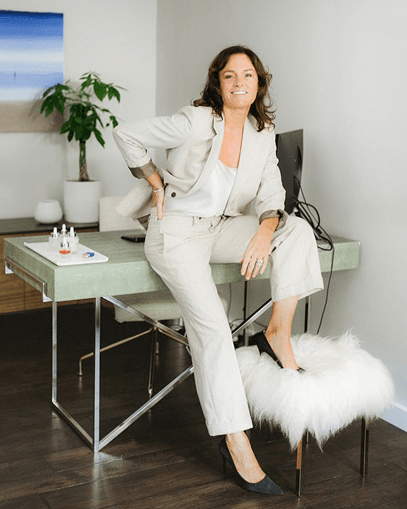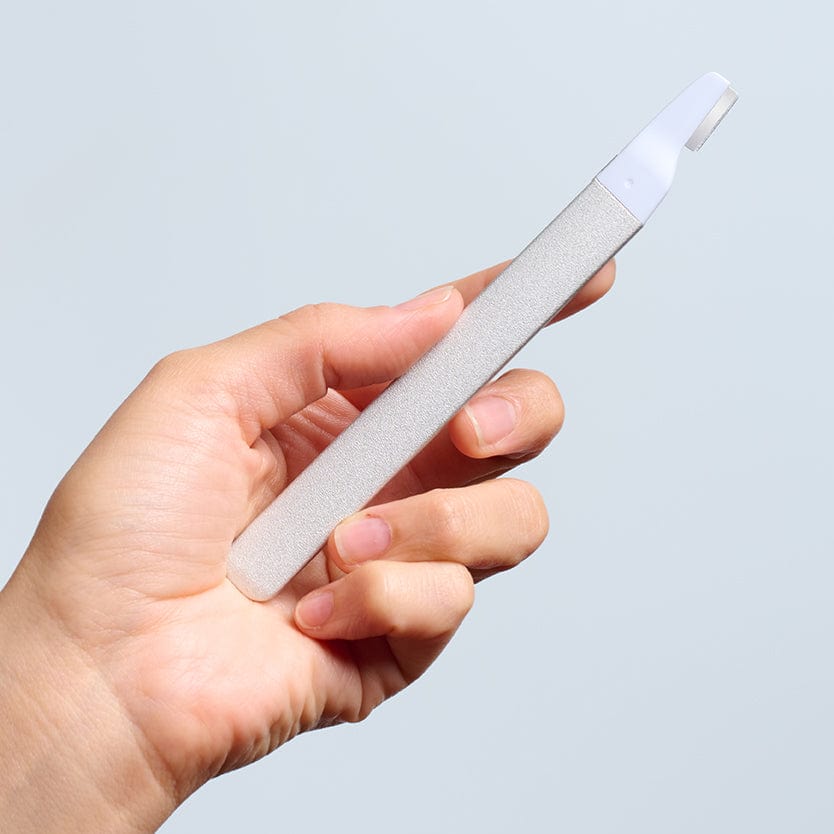4 Common Skincare Ingredient Myths
Written by Kerry Benjamin

Chemical Means Toxic
Companies guilty of green-washing often throw around the word "chemical" to try to scare consumers and convince them that anything that is a chemical is toxic. It's a bunch of baloney! Chemical or synthetic ingredients as a whole are not any more toxic than natural ingredients.Many synthetic ingredients are developed in a lab to bio-mimic naturally occurring substances.Take lactic acid as an example. Your body doesnt know the difference between lactic acid derived from sugar cane and lactic acid created in a lab—it's the same molecule! Many synthetic ingredients are perfectly safe and no more toxic than natural ingredients. However,some products do contain toxins, both natural and synthetic. Watch out for these ingredients in particular and don't fall for the fear-mongering.
Organic Means 100% Organic
Unfortunately, organic is another tricky term. The FDA doesnt have any definition for what organic means when its slapped on a beauty product. They leave it to the USDA— the government organization that monitors the use of the term in food. Organic raw ingredients in cosmetics are plant-sourced and grown without the use of synthetic fertilizers, irradiation, or pesticides. According to USDA standards, a product listed as "organic" must contain at least 95% organic ingredients and can use the USDA organic seal. A product that simply claims "Made with organic ingredients" must contain at least 70% organic ingredients—meaning the other 30% can be totally non-organic—but cannot use the seal.
Hypoallergenic is Better for Sensitive Skin
If you're a sensitive skin sufferer, you know the importance of doing some research before you try out a new skincare product. Beauty marketers have taught us to look for hypoallergenic—an oft-used term thats supposed to indicate that a product won't cause allergic reactions.Unfortunately, theres no regulation or definition of the term in the industry,meaning you may buy a product labeled 'hypoallergenic' that's loaded with known irritants like fragrance and sulfates. Your best bet is to familiarize yourself with common skin irritants and read the ingredient label thoroughly. And remember to always conduct a patch test before adding a product to your routine.
Preservative-Free Is the Way to Avoid Toxins
It's true that many commonly used skincare preservatives are not so good for you—most notably, parabens. However, preservative-free is a misleading and dangerous claim. Because many products are water-based, they are vulnerable to bacterial growth. Without preservatives, everything from your mascara to your face cream would likely be crawling with potentially dangerous bacteria. Watch out for parabens and formal dehyde-releasing preservatives like quaternium-15 and imidazolidinyl urea. Instead, look for safe preservatives like glycerin, ethylhexylglycerin, potassium sorbate, and sodium benzoate.
About the Author

Kerry Benjamin, a licensed aesthetician, has over 14 years of experience. Kerry is the driving force behind StackedSkincare. As the company's CEO, Kerry has dedicated her career to revolutionizing skincare. Her innovative approach combines peels, serums, and specialized tools to effectively address a wide range of skin concerns. CA LE license number Z98459.

